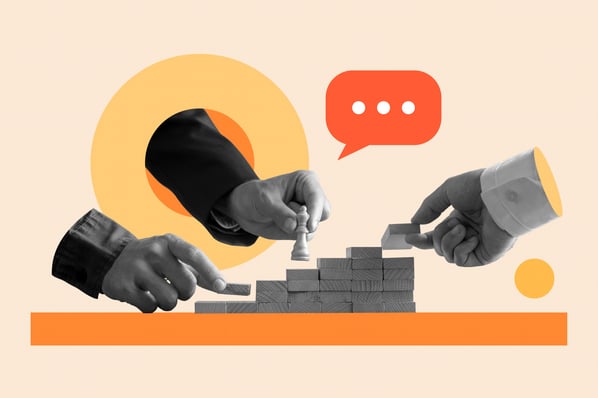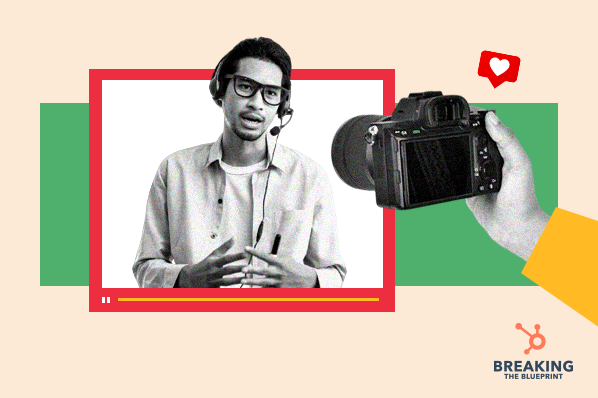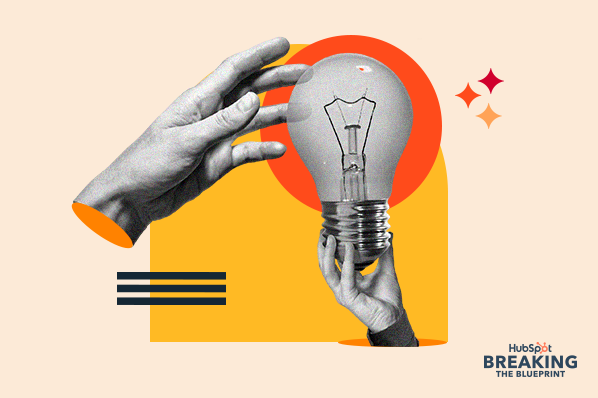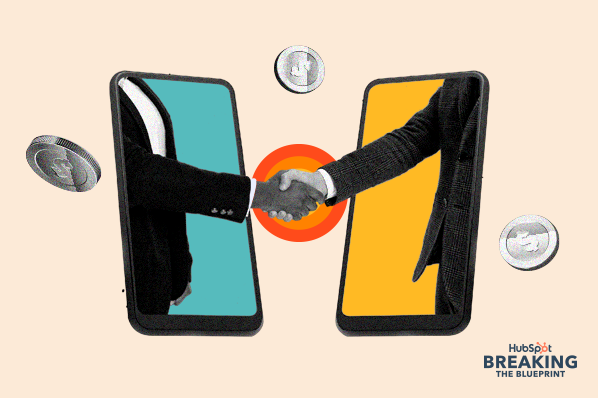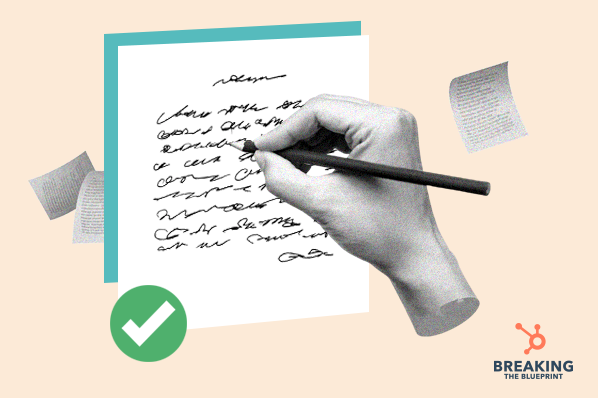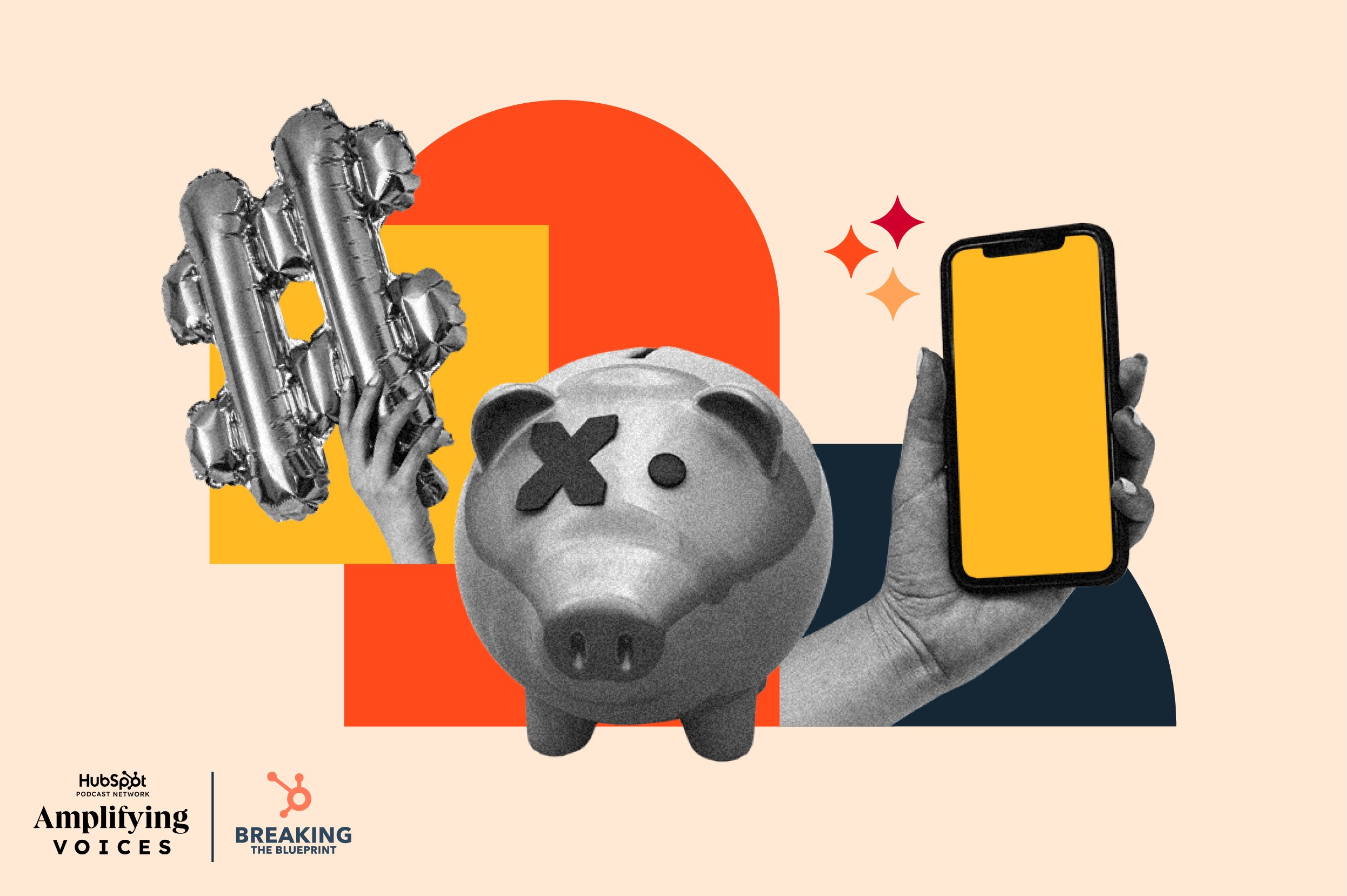Welcome to Breaking the Blueprint — a blog series that dives into the unique business challenges and opportunities of underrepresented business owners and entrepreneurs. Learn how they’ve grown or scaled their businesses, explored entrepreneurial ventures within their companies, or created side hustles, and how their stories can inspire and inform your own success.

In today's rapidly changing corporate landscape, the concept of “professionalism” is undergoing a transformative shift, one that may completely radicalize the working world for better.
For years, traditional professionalism standards have shaped how individuals present themselves and navigate the workplace. However, these standards have been criticized for their lack of inclusivity, sustaining inequality and limiting opportunities for historically underrepresented groups, especially Black and Brown individuals.
This article explores the historical context behind these constructed principles, the reasons they exist, and ways to empower BIPOC/POC professionals in their respective journeys towards creating more inclusive and equitable workplaces.
Table of Contents:
Unveiling the Origins of Traditional Professionalism Standards
In the corporate landscape of America, the concept of “professionalism” has long been ingrained in the fabric of the working world. But to understand its current limitations and exclusionary nature in the present, we must look to the past.
Standards of professionalism were initially established with the intent of implementing objective measures for evaluating employees’ skills, behaviors, and appearance.
These tenets have inadvertently perpetuated a system and workplace culture that disadvantages and alienates underrepresented groups. And with the acknowledgment of this also comes the uncomfortable recognition of the fact that standards of professionalism have been built to covertly sustain colonial ideologies/behaviors as well as white normative philosophies.
In a candid interview with Forbes, Leah Goodridge — legal scholar, litigation expert, and author of the award-winning UCLA Law Review essay titled “Professionalism as a Racial Construct” — summarized it best: Standards of professionalism, especially in traditional workplace settings, tend to operate as an integrated vignette in a larger structure of oppressive racism.
“Workplace civility,” as Goodridge explained, “has become about not discussing anything that’s deemed politics but the problem is that.. anyone that’s not a white male is considered a political identity.”
According to Goodridge, workplace standards exist in many forms, and can impact POC professionals in many ways, such as:
- Misogynoir (misogyny explicitly directed towards Black women)
- Micro-management
- Discrediting work capability, background, knowledge, and performance
- Tone and identity-presentation policing
- Emotional manipulation/gaslighting
- Inability to receive promotions
The impact of these standards on historically marginalized folks cannot be ignored, as they often find themselves conforming to norms, to environments and guidelines, that do not align with their cultural and individual identities.
This lack of inclusion not only hinders diverse representation in the workplace but also stifles the creativity, innovation, and overall potential of companies/organizations.
To truly combat this harmful corporate ethos and generate a more inclusive culture, it is imperative to re-examine how professionalism as a structure (and not just an employee ask), functions, but also to create space for POC to feel comfortable about speaking out, and to validate their feelings and experiences when they do.
Embracing DEI&B: Catalysts for a Progressive Workplace
The consequences of this lack of diversity go far beyond just a need for representation. Research from Built In actually reports that “Executive teams with high ethnic diversity are found to be 33 percent more likely to perform above EBIT margins as of 2017.” If you didn’t know, EBIT margins are a measure of a company's operating profit as a percentage of its revenue.
Although this is an amazing development, Harvard Law School’s Forum on Corporate Governance revealed some other striking statistics about DEI&B in C-Suite spaces:
- 88% of CEO roles are held by white leaders
- 56% of women in the C-Suite said men find it easier to get promotions, regardless of capability and performance
- There is only 9% of Asian leadership representation in C-Suite roles
- There is severe underrepresentation of Hispanic/Latino C-Suite execs (40% of S&P100 C-suites have no representation at all)
These jarring numbers speak loudly. They also echo why there needs to be more of an intentional, aggressive assessment of the linkages between employee representation and success at the corporate level.
By embracing DEI&B practices and employee authenticity, companies can not only create a more inclusive workplace but also acquire a competitive edge by trusting the wealth of ideas and perspectives that diverse individuals bring to the table.
Rethinking Traditional Measures of “Professionalism”
As the need for a more inclusive culture in professional Corporate America becomes increasingly recognized, the focus is shifting towards how companies can effectively do so. The answer? Empowerment and awareness.
This could look like many things in a corporate work setting, such as:
- Fostering diversity in C-Suite spaces, where leadership representation reflects the true diversity of your organization
- Creating Employee Resource Groups (ERGs) that support multi-cultural experiences, perspectives, ideologies, and identities
- As suggested by The Harvard Law School Forum, assessing potential of employees, not just experience
- Tracking development of demographics such as gender, race, and ethnicity quarterly to address diversity gaps organization-wide
- Allowing all employees to come to work as themselves, not just as a uniformed representative of your organization
But this shift won’t be easy. It will require a collective effort to push back against years of conventions, and an increased awareness of the barriers that BIPOC and other POC face daily.
Organizations can absolutely set a new standard for inclusive professionalism in Corporate America, and the time to start is now.
Forging a Brighter Path: A Future of Empowering, Inclusive, and Diverse Professionalism
As we reflect on the evolution of professionalism in Corporate America, it becomes clear that traditional standards have often failed to embrace the reality of what true, unobstructed diversity and inclusion looks like.
The growing awareness of these limitations of these standards and a collective effort to redefine what it means to be professional.
By actively seeking out diverse talent, challenging norms, and celebrating individuality, we are paving the way for a future where everyone can thrive professionally, regardless of background, identity, or how they look as they strive towards career elevation and success.
Together, we can build a more empowering, inclusive, and diverse understanding of professionalism that reflects the true strength of our organizations and society as a whole.



